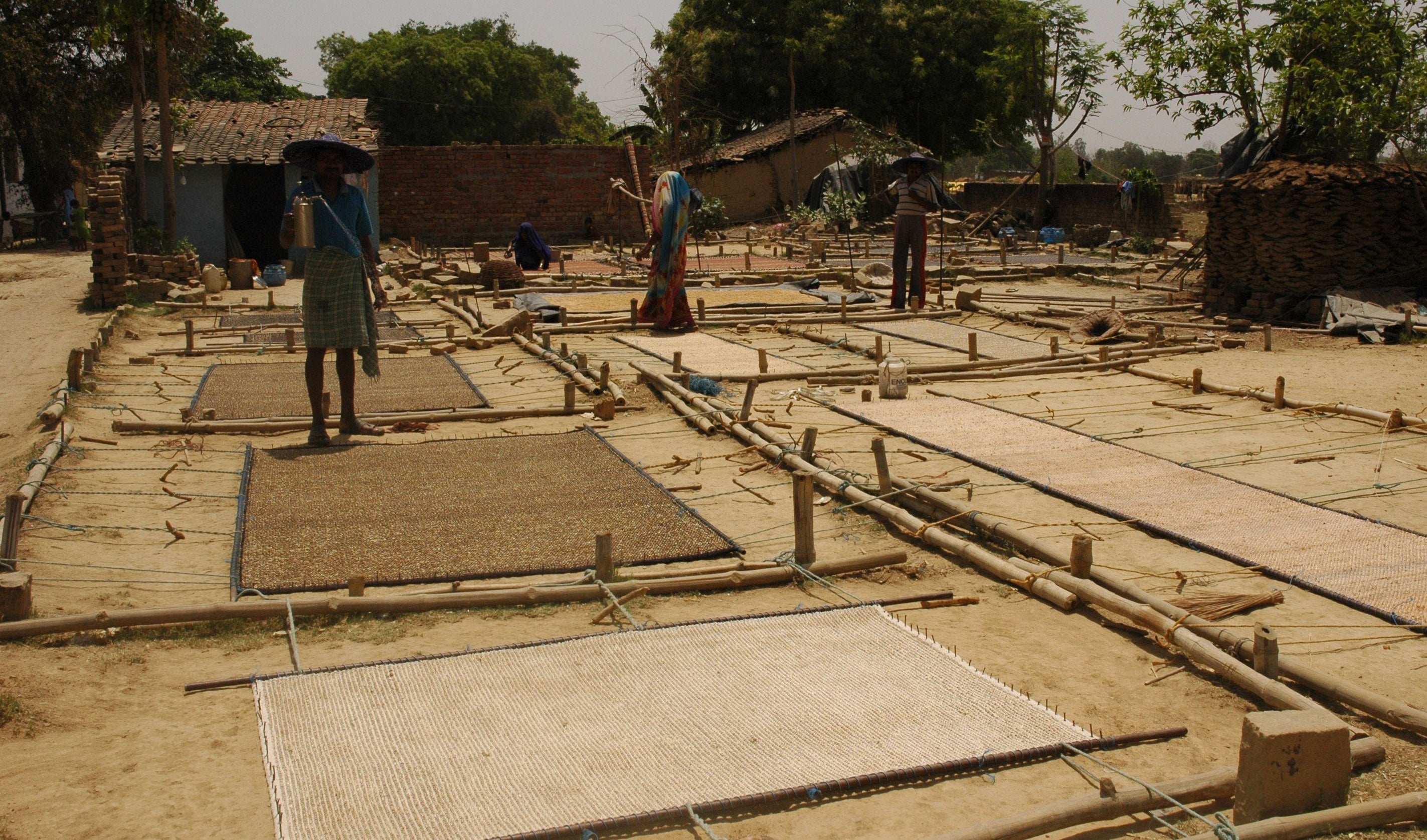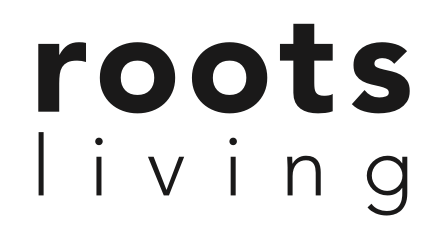
Sosiaalinen vastuullisuus ohjaa Roots Livingin toimintaa
Toimimalla vastuullisesti ja tukemalla alueen taloudellista kehitystä voimme luoda hyvinvointia ja tulevaisuutta köyhällä Intian maaseudulla. Vastuullisuus tarkoittaa meille läpinäkyvyyttä kaikessa toiminnassa, työntekijöiden hyvinvointia, lasten oikeuksien tarkkaa valvontaa, yksinhuoltajaäitien työskentelyn mahdollistamista ja paikallisen koulutuksen tukemista.
Social Responsibility
By acting responsibly and supporting the region's economic development, we can create well-being and a future in poor rural India. For us, responsibility means transparency in all operations, employee well-being, close monitoring of children's rights, enabling single mothers to work and supporting local education.
By combining our resources with our producers and customers, we can develop the financial stability and well-being of Indian families. Although our help is small compared to the large size of the area, we feel it is a step in the right direction. By operating at the grassroots level, we are able to minimize administrative costs and maximize transparency.


Children's rights
Each Roots Living rug has a Child Welfare certificate affixed to it, which confirms that no child labor has been used at any stage of the manufacturing process. The process is constantly monitored and inspection visits are made to carpet manufacturing villages without prior warning. Together with our long-term producer, we also support a school operating further away in the countryside in the construction and equipping of a school building and the participation of girls in education.
The Carper Export Promotion Council and the Child Welfare Fund promote the development of the region
Part of the export revenue from the carpet production is used to support local schools and take care of school meals and children's health care in the carpet weavers' villages. Our long-time Indian producer is a member of the Carpet Export Promotion Council (CEPC), a government-run foundation working to improve children's rights.
The foundation's long-term goal is to completely eliminate child labor from carpet manufacturing. The foundation's members direct a certain portion of their export earnings to the NGO-directed Child Welfare Fund, which is involved in several activities aimed at improving children's well-being, free school meals, vocational training, further education scholarships and health care for carpet weaving families. 
Through its own activities, Roots Living aims to support the implementation of the UN Convention on the Rights of the Child in India. Together with our partners, we take care of the well-being of the carpet weavers' families by guaranteeing them a sufficient standard of living so that they can take care of their families. We participate in the No Child Labor Declaration and its implementation by actively monitoring and conducting regular inspections in our own area of operation. We support a rural school in the Mirzapur area, whose operating conditions would otherwise be limited due to the lack of support from society. We participate in the activities of the Carpet Export Promotion Council (CEPC) of India, which helps girls and boys in carpet weaving areas to achieve better study conditions so that they can better influence their own future.
"A child has the right to attend primary school for free. The state must promote secondary education and study guidance and prevent dropping out of school. Education should aim to develop the child's growth to its full extent. The child has the right to rest, play and free time, as well as artistic and cultural life. A child may not be assigned work that hinders his studies or harms his health or development."
– UN Declaration of the Rights of the Child
"India is the second most populous country in the world, with a population of over 1.2 billion. Although India's economy has grown wildly in recent years, the situation of children in the country is still bad. In India, every 20th child dies before their fifth birthday. Children from poor families often do not receive enough support for their development, and they remain in the cycle of poverty. There are also 12 million child laborers in India. They often do physically demanding jobs in dangerous conditions. More than a million children do not go to school, and those children who do go to school often face overcrowded classrooms, unhygienic conditions and a lack of clean drinking water."
Source: Save the children association

We support sustainable development
Roots Living's operation is based on supporting sustainable development. In all our activities, we strive to act in such a way that we support the development of the environment from the point of view of ecological, economic, social and cultural sustainability.
From the point of view of ecological sustainability, we act actively so that the deterioration of the environment slows down and we can prevent possible harm.
We support economic sustainability by helping the livelihood of poor carpet weaving villages and families, because a sustainable economy is the basis of social sustainability.
Social and cultural sustainable development is essentially influenced by how economic and other societal developments promote the well-being of the inhabitants. By supporting education and well-being through the activities of the Indian Carpet Export organization, we can promote ecological sustainability and its social acceptability in poor India.
Responsible operations that support sustainable development require continuous development. We also support operations in Finland. A part of the proceeds from the sale of our designer collection is donated to a charity selected by the designer, such as the protection of the Baltic Sea and the operations of Naisten Bank.

